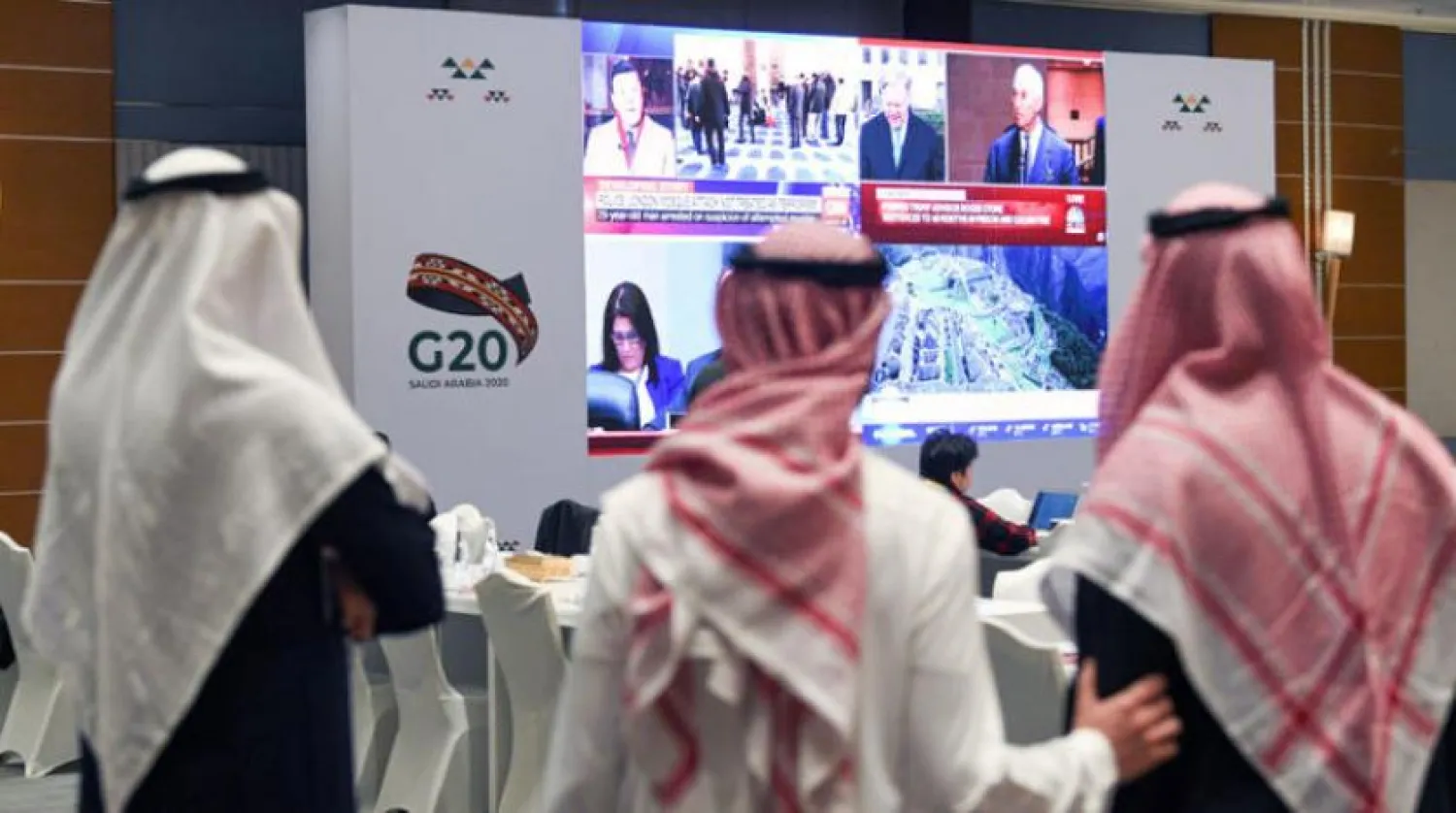The G20 Finance Ministers and Central Bank Governors meetings taking place in Saudi Arabia's capital on Saturday and Sunday seek to enhance economic growth through financial mechanisms.
The talks will be chaired by the Kingdom’s Finance Minister Mohammed al-Jadaan and central bank governor Ahmed al-Kholifey.
For his part, Kholifey said the meetings will discuss the world's economic situation and mechanisms for facing global monetary, financial and economic challenges.
He said the Kingdom looks forward to more cooperation with G20 member states and participating parties to achieve the common target of promoting strong, sustainable and balanced economic growth and making a tangible positive impact in the long run.
The shift to the accrual basis is a national and strategic project, said Finance Ministry official Abdulaziz al-Freih, during a dialogue session in the first meeting for G20 financial managers in the public sector.
Freih affirmed the support provided by the government for the project implementation, noting that it has issued a royal decree to shift all financial departments to this new accounting system.
The official also highlighted the ability of all government agencies to switch to accounting on an accrual basis and to complete the initiative.
He said the Ministry is aware of the size of the challenges related to preparing the human element, managing technical financial systems, controlling and evaluating the assets.
Freih said a path has been established to deal with each of these challenges properly.
He stressed the need for transformation per the accounting standards of the public sector, to enhance the quality of accounts and know the obligations accurately for proper planning.
The experiences of countries that preceded the Kingdom in the transformation were taken into consideration during the first stages of the project, as well as the recommendations of international organizations.
The project is state-owned and not limited to the finance ministry, Freih explained, pointing out that the human cadres represent the main element for its success.
A training program was provided to empower these cadres through the virtualization and e-training platforms.
Meanwhile, Deputy Minister for Accounts in the Finance Ministry Hamad Alkanhal said the ministry has been keen to provide transformation empowerment tools and test them in the experimental application to make sure the actual application of these outputs is appropriate.
He also stressed the role of government agencies as partners in the transformation process, adding that they helped the ministry reach the stage of identifying and describing and proposed possible solutions.










